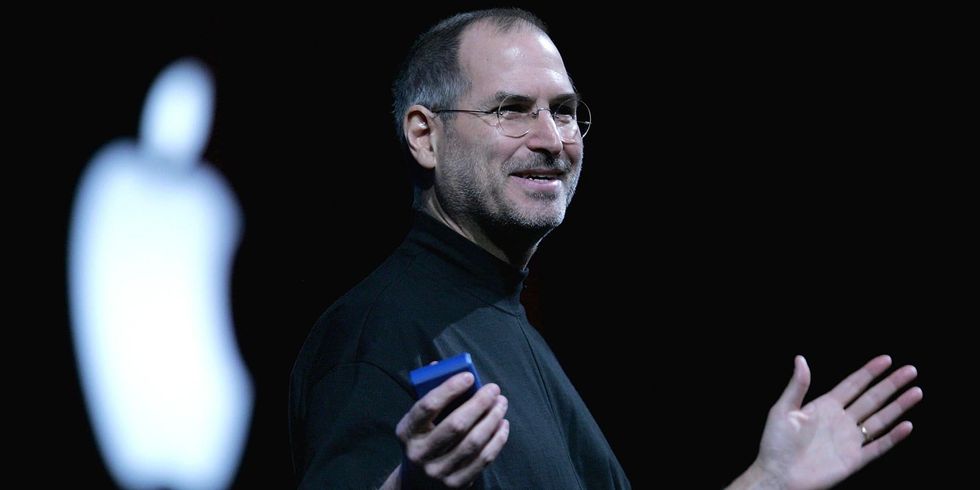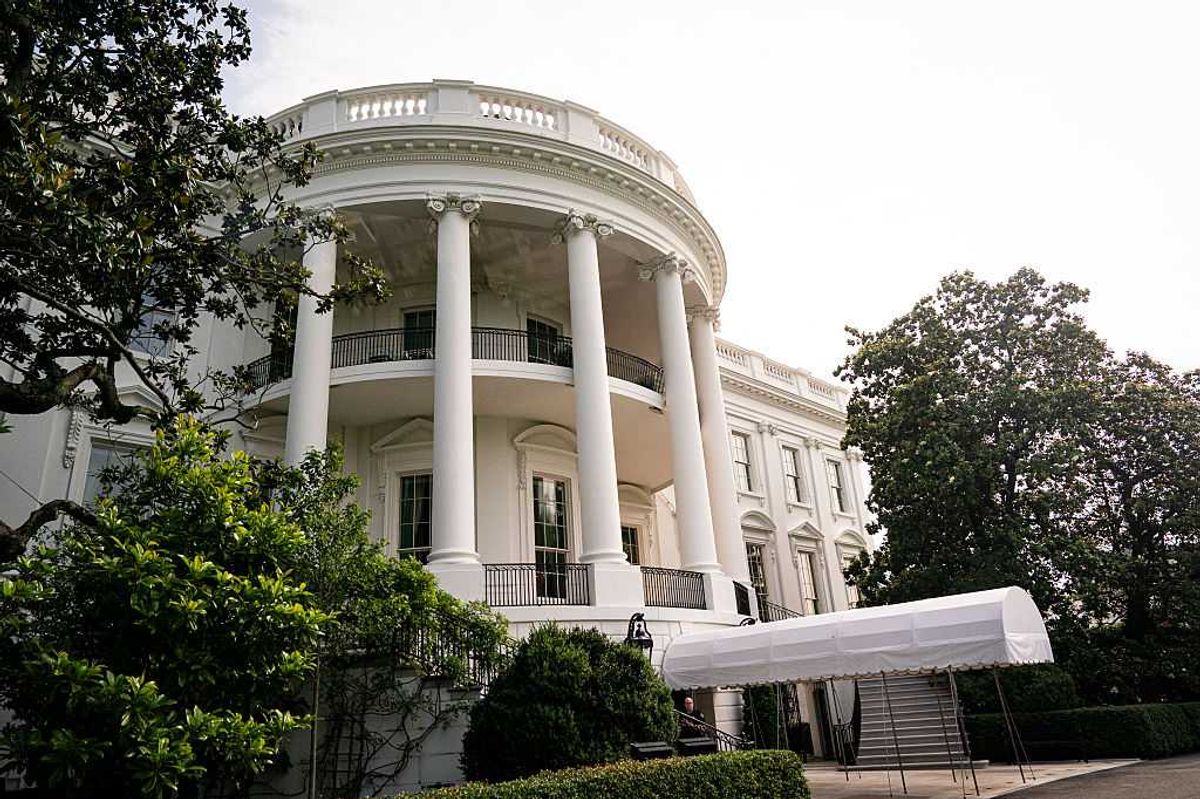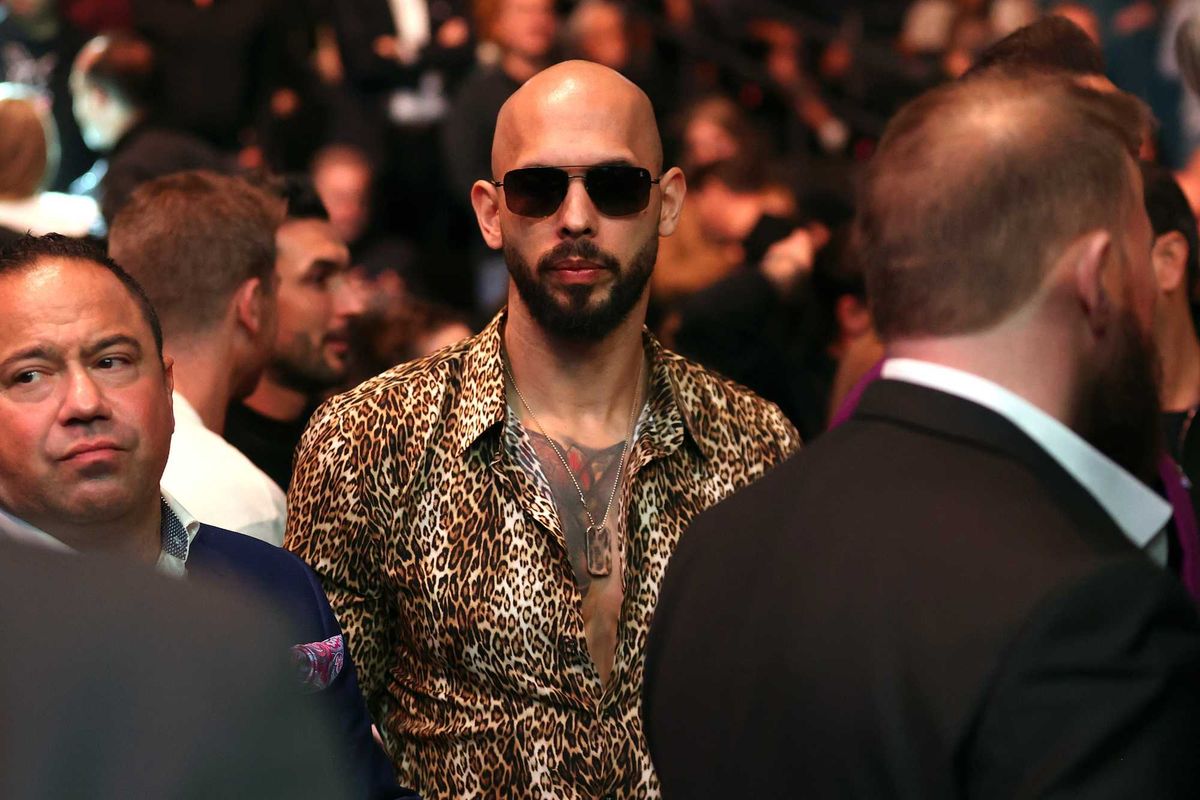News
Jessica Brown
Feb 01, 2017

Picture:
Unsplash
Donald Trump has, by executive order, imposed a 90-day ban on immigration to the US from seven Muslim-majority countries.
The ban - on Syria, Iraq, Iran, Libya, Sudan, Yemen and Somalia - has caused outrage around the world.
The tech industry has been particularly vocal about the ban, pointing out that many of the websites and apps we use daily wouldn't exist if it weren't for the talent, intelligence and hard work of people from these very countries.
Here are some of the creations that depended on people from just some of the seven countries Trump deems unsafe enough to include on his ban list.
In Iran:
1. eBay (owned by Pierre Omidyar) would have most likely been a French company.
2. You would be searching on Yahoo, not Google – whose business founder is Omid Kordestani.
3. If Google did exist, its acquisition of YouTube might not have worked without key employee Salar Kamangar.
4. Your files wouldn’t have DropBox, which was created thanks to co-founder Arash Ferdowsi.
5. Twitter wouldn’t have its executive chairman, Omid Kordestani, and chief operating officer Ali Rowghani.
And it isn’t just websites.
6. World of Warcraft might never have taken off without lead producer Shahram Dabiri.
7. Tinder wouldn’t have been invented without founder Sean Rad.
8. Kayvan Beykpour is a co-founder of the Periscope app, and his parents were born in Iran.
9. Iranian-born Farhad Mohit is the founder of CEO of Flipgram, Bizrate.com and Shopzilla.
In Syria:
10. Syrian-born Jamal Daniel founded Al Monitor, an American news site that covers news on the Middle East, and has been referred to as a must-read for commentary on the Middle East.
11. Apple’s founder, Steve Jobs, was the son of a Syrian immigrant.

12. Hussein Shakar, from Syria, co-founded MigrantHire, helping refugees to find work in Germany.
In Iraq
13. Iraqi Saad Al-Saraf Founded Think Ethnic, a website advocating multiculturalism within marketing.
Food for thought.
More: A man tried to recreate Tinder in real life and it went horribly
Top 100
The Conversation (0)













